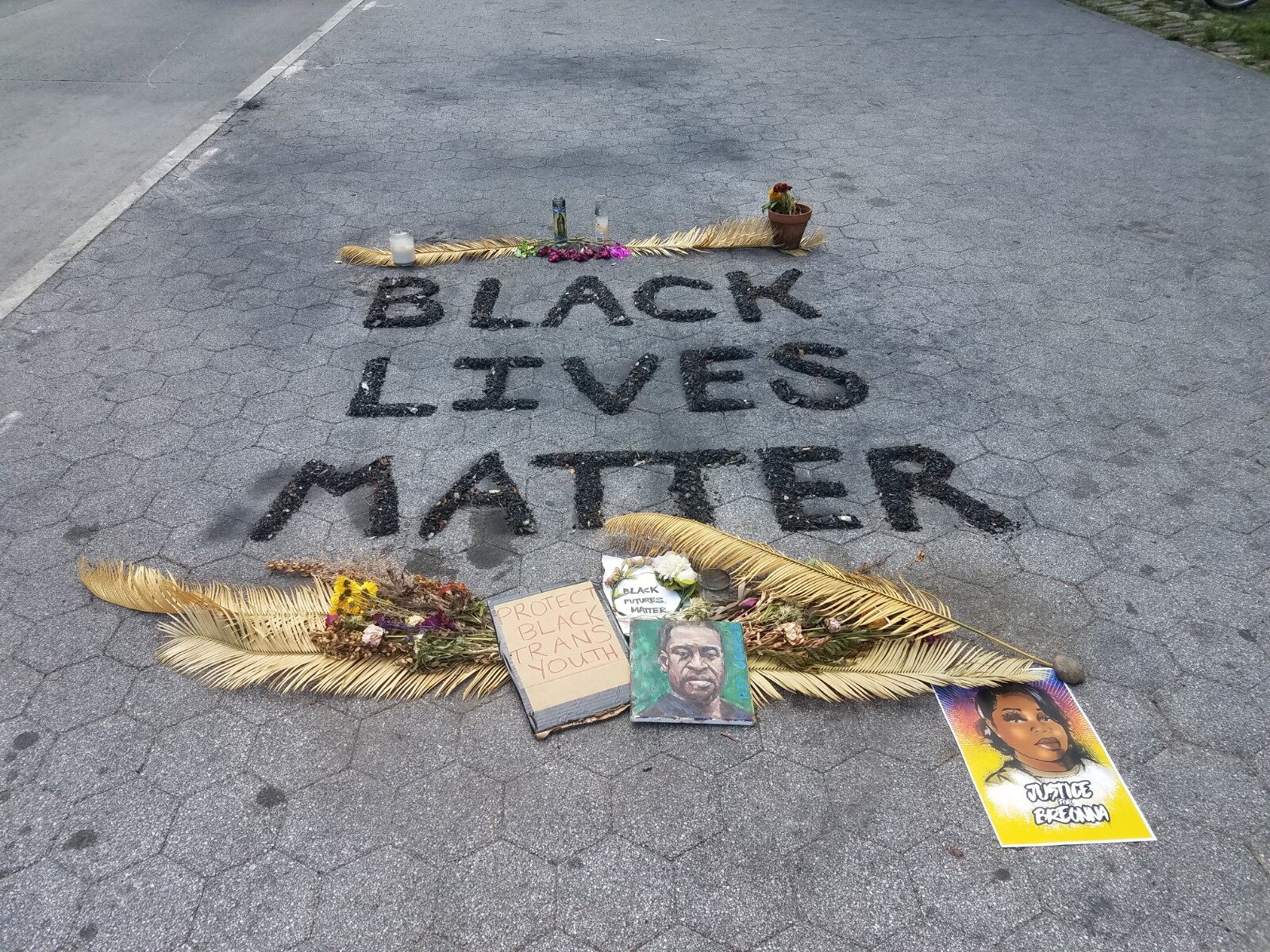In his piece for The Boston Review, titled “Angels of History,” Common Notions editor and historian Andy Battle reflects on a philosophy of history usable for our struggles to come, where “the past holds the key to escaping a future whose promise is paralysis and death.” Glimpsed from a moment resurrected from seventies British public television when avant-garde film briefly surfaced and interrupted the flow of current events and mass communication, “Angels of History” stokes Walter Benjamin’s notion of “a secret agreement between past generations and the present one,” to conjure the myriad spirits and demons of the destituent processes at work against the present order and its negation of the past and our future.
"Benjamin, his life cut short by the Holocaust, never visited the United States. Still, the philosophy of history he articulated in the midst of catastrophe resonates in meaningful ways with the Black radical tradition as imagined by writers like Cedric Robinson and Robin D. G. Kelley, a tradition that has always germinated in the fields and in the streets before it is codified and written down. What they share is an embrace of historical consciousness against capitalism’s obligation to erase the past, a series of carefully tended connections with the traditions of the oppressed, a suspicion of what is glibly called “progress,” an awareness that prophecy is a political act, and an unembarrassed emphasis on the negative moment—a “total rejection” of an intolerable condition, a revolt that guarantees nothing but liberation, even if that comes as death. Too rigid an emphasis on blueprints and solutions—on guarantees—can concede too much to the oppressor and obscure the way in which the negative moment is also a positive one. Binaries are illusions. Weakening the police strengthens the forces of care."
Click here to read the full article, “Angels of History,” The Boston Review (April 1, 2021) by Andy Battle.

